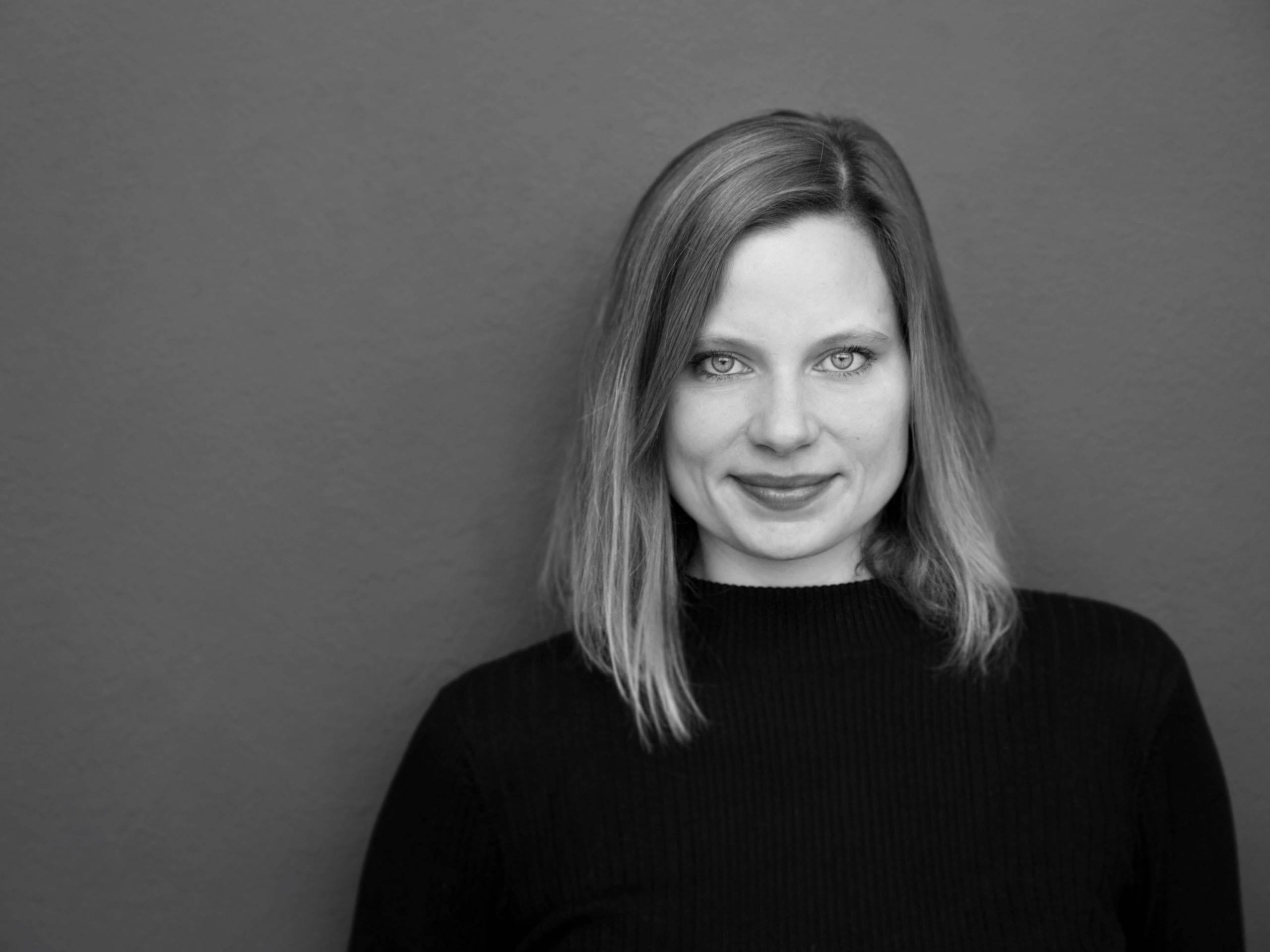Katharina Hoppe
There has been sweeping change in public spaces since March 2020. Public space is a kind of refuge, a place we can turn if we want to be able to see anyone else at all. But it has also become trickier to navigate during the pandemic. People have taken to crossing to the other side of the street, avoiding others – the dance of closeness and distance that forms the social fabric has been reconfigured. Sometimes these movements are met with a knowing, friendly nod, while at other times, the other person might spit contemptuously on the street. Public spitting, a cultural practice with masculine overtones, and saliva take on new meaning amid the discussion of aerosols and the recurring images of test strips featured on the news. One carefully suppressed fact has reemerged as part of everyday life: There is a relation between spit and our breath and the constitution of society. They bind us together, voluntarily and involuntarily.
As this trend has continued, we have also seen new expressions of violence and transgression emerge. A specific pandemic-inflected kind of aggression becomes clear when an older gentleman pulls down his mask in the supermarket to shout that a second cash register should be opened. In the current environment in which public spaces are being claimed or appropriated, though, it becomes especially clear through coronavirus denial or “Querdenker” protests. Before the pandemic, wearing a mask at a protest was a surefire route to a conversation with the police or even arrest. These days, the provocation lies in not covering one’s face. The police seem not to perceive it that way anywhere near as often, though. These protests involve a distinct form of aggression, with boundaries being pushed in the guise of “love, freedom, democracy” even as the next person over waves the old German Reich flag.
Heart-shaped balloons mask people’s despair at our own fragility and dependence, things that are especially palpable these days. Rejection of our own vulnerability is expressed in aggression toward anything that reminds us of just how dependent we are on others: masks, vaccines, vulnerable people. This line of thought denies that a pandemic demands that we confront the bio-social ties that constitute a society (saliva, for example). It is an error to think insisting on “love” and “freedom” in this way is a nonviolent statement these days. The present day has shown us that transgressing boundaries and violence start where people deny not only their own vulnerability, but also that of others at the same time.

Katharina Hoppe teaches and does research at the at the Institute of Sociology at Goethe University Frankfurt. Her work focuses on sociological, political, and feminist theory and on the sociology of social inequality, with particular attention to intersectional perspectives on ecological crises.